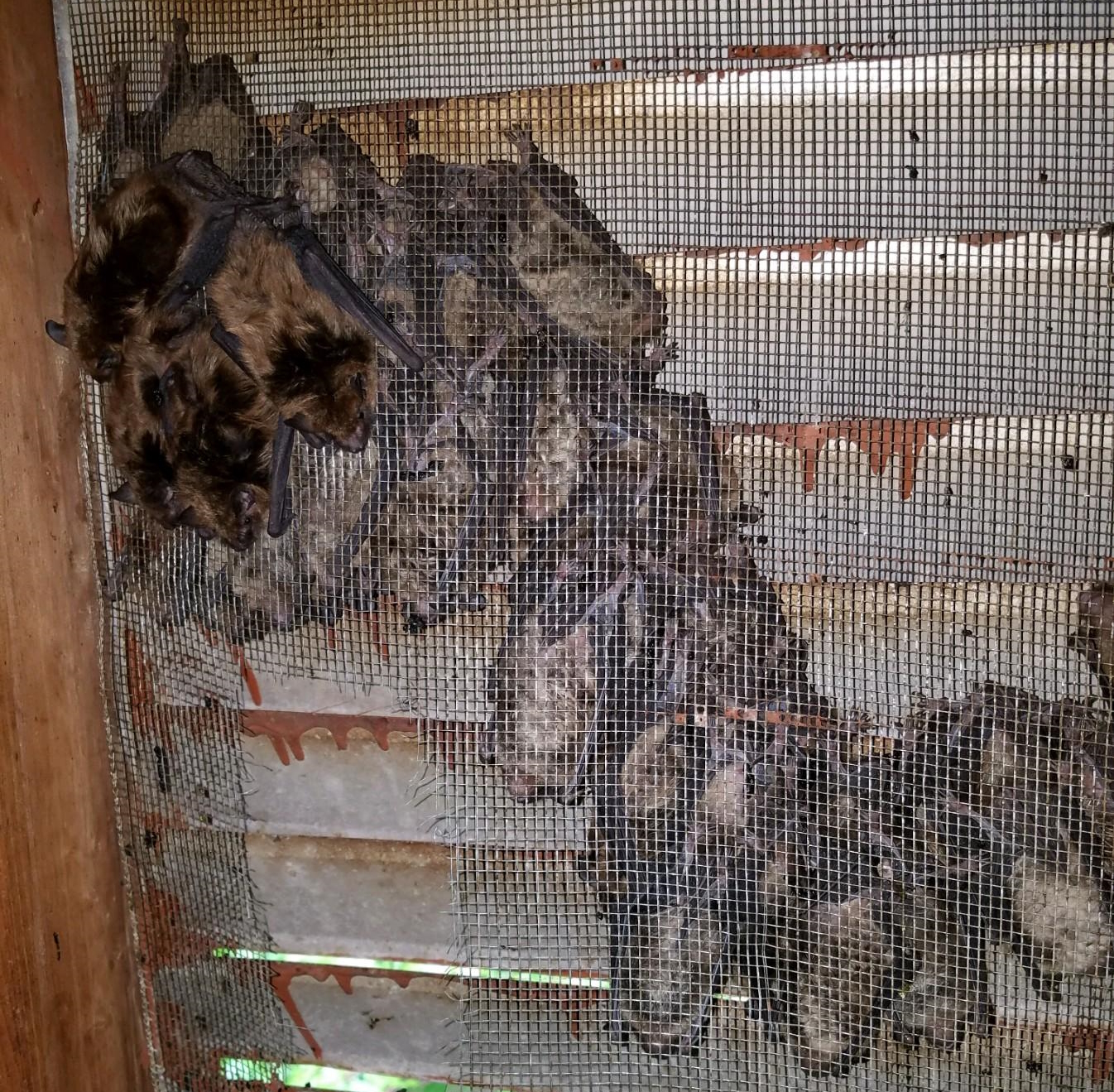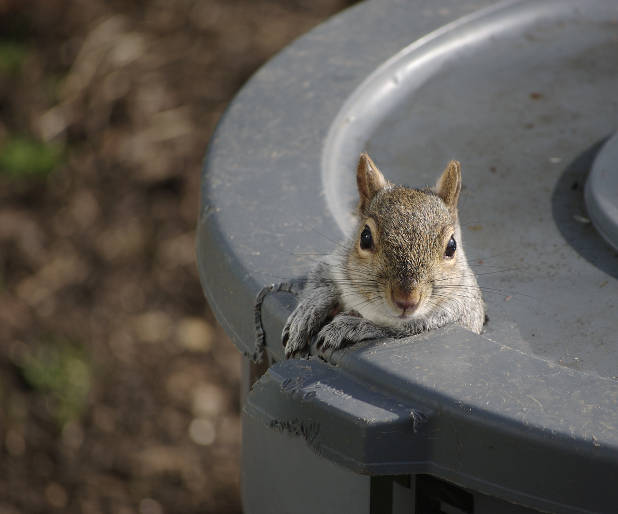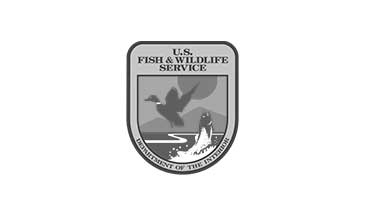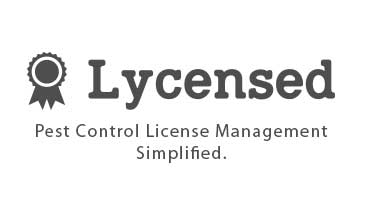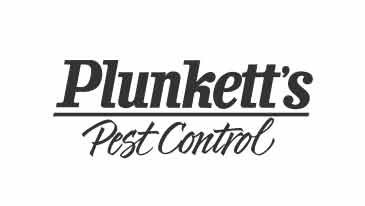Skunks are known for their iconic black and white fur and their potent defense mechanism. In this guide, we’ll cover the essentials about skunks, from their diet and behavior to their habitats and the infamous spray.
Discover how to identify signs of skunk presence, understand their seasonal behaviors, and implement effective strategies to prevent unwelcome skunk visits.
Skunk Socialization: Do Skunks Travel in Packs?
Skunks are solitary creatures. While commonly seen alone, skunks may gather in small groups, or a "surfeit," especially during the colder months for warmth. However, seeing skunks travel in packs is rare as they prefer a solitary lifestyle.
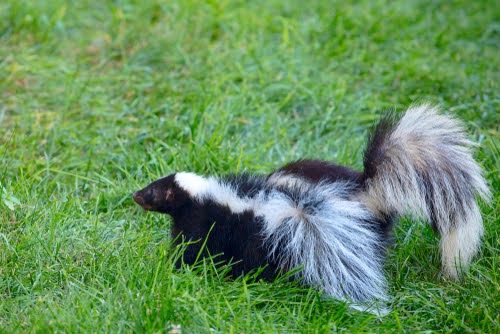
Residence: Where Do Skunks Live?
Skunks adapt well to various habitats, including forests, grasslands, and even urban areas. They make their homes in burrows, which can be naturally occurring or made by other animals.
Skunks are not picky about where they live, as long as they have access to food and shelter. In winter, they often seek refuge under houses or in other cozy, enclosed spaces to stay warm, creating what are known as skunk dens.
Diet: What Do Skunks Eat?
Skunks have a varied diet, feeding on both plant and animal matter. Their diet includes insects, grubs, small rodents, berries, leaves, and even garbage or pet food left outside, which can attract them to residential areas.
Skunk Sleep Habits
Skunks are primarily nocturnal animals, emerging at dusk to begin their nightly activities. Their behavior revolves around searching for food, and they return to their dens before dawn.
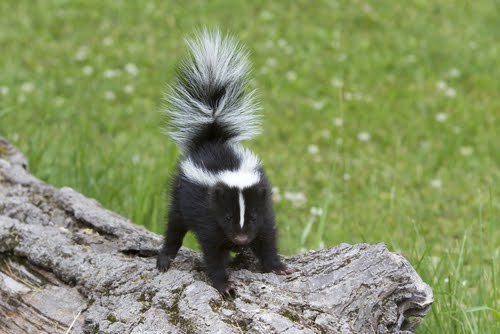
Seasonal Habits: Where Do Skunks Live in Winter?
During winter, skunks do not hibernate but enter a state of torpor, where their body temperature drops, and they become less active. They often nest in groups during this time under houses or in other sheltered areas to conserve warmth, leading to the occasional smell of skunk inside houses.
Identifying Skunk Presence
Signs of skunk presence include:
- Skunk poop in your yard. Skunk droppings are similar to those of cats but contain undigested food like insect parts
- Small holes in the ground from their foraging. Skunk holes are small and cone-shaped, often found in lawns or gardens.
- The unmistakable smell of skunk spray.
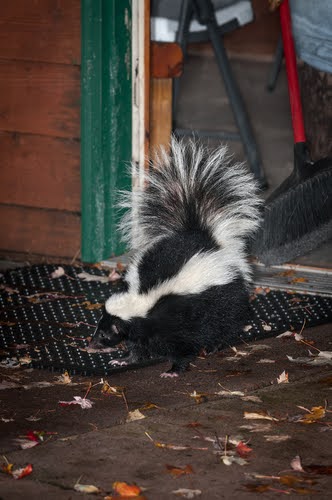
Managing Skunks: What to Do When It Smells Like Skunk Outside and Inside Your Home
If you notice a persistent skunk smell outside or inside your home, it may indicate a skunk den nearby or a recent spray. Skunks can spray up to 10 feet away, and the smell can linger for days. Sealing off potential entry points to your home and removing attractants like accessible pet food can help prevent skunks from taking up residence.
If you need help preventing skunks, removing their presence, or cleaning up their mess and odor, Varment Guard can help.
Say Goodbye to Skunk Problems—Contact Varment Guard
Keeping skunks at bay requires a blend of vigilance, preventive measures, and professional assistance. While the tips and information shared in this guide offer a solid foundation for deterring skunks, sometimes, the challenge exceeds what you can manage on your own. If you're noticing signs of skunk presence or want to ensure your property remains a no-skunk zone, Varment Guard is here to help. Schedule a service with us today! Keeping skunks at bay requires a blend of vigilance, preventive measures, and professional assistance. While the tips and information shared in this guide offer a solid foundation for deterring skunks, sometimes, the challenge exceeds what you can manage on your own. If you're noticing signs of skunk presence or want to ensure your property remains a no-skunk zone, Varment Guard is here to help. Schedule a service with us today!

